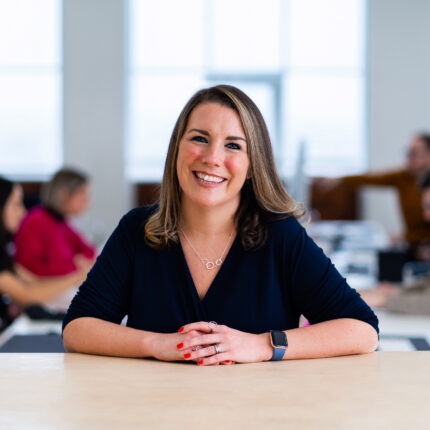The Everyone’s Invited campaign was a landmark moment in exposing rape culture and the prevalence of sexual misconduct in education settings.
Unfortunately, it has also given rise to a backlash movement of so-called “misogyny influencers”.
Misogyny influencers use social media to capitalise on harmful attitudes towards women, often advocating for male supremacy and forms of gender-based violence (GBV).
Andrew Tate is one of the most prolific cases. Alongside flaunting his wealth, expensive cars, clothing, and other hallmarks of an aspirational lifestyle, Tate positions his misogynistic views as foundational to his success.
Manspreading
Creators often hide their hateful and misogynistic views amongst credible advice, which makes them so dangerous. It is very difficult – especially for a young person – to distinguish between helpful advice and harmful hate speech.
The way algorithms work only exacerbates the problem because they determine a video or post’s popularity based on interactions, not likeability. So – even when a user shares one of Tate’s videos with a critique of its content, it still increases the post’s popularity.
Through a combination of outrage and agreement, the views spread like wildfire. Even a small group of misogyny influencers read millions of young people – who have reported trusting influencers more than family and friends.
A growing number of teachers report that these ideas are landing in the minds of school pupils and college students and influencing their behaviour. Come autumn, some of these students will be heading off to university, and universities will have a duty to address the radicalisation before it embeds further into campus culture.
What can we do?
Social media companies need to establish adequate and effective safeguarding controls – but this is still a long time coming. HE institutions need to use their position to take preventative and reactive action to support students now.
The Office for Students (OfS) consultation into regulating harassment and sexual misconduct is a prime opportunity to tackle this phenomenon. In particular, new regulation with explicit duties will help universities currently struggling to balance opinions with protection from harassment and hate speech.
But regulation alone isn’t enough, and consultations can take a long time. So, there are several actions we recommend that universities can take now to combat the harm caused by misogyny influencers. This includes having clear policies and guidelines on what is harassment or discrimination, alongside training for all staff on what to do if a student discloses an incident to you, or what to do to recognise and respond to harassment and discrimination if you see it.
We also need to see universities leading the way in conversations around positive, rather than toxic, masculinity, with staff able to promote more positive behaviours and act as role models to those around them. Part of the fundamental work universities do is educating students to think critically about various topics, and this should include challenging the content they see online and empowering them to be able to speak up and advocate for themselves and others.
All too often, something happens in the news that sparks a temporary movement. But it’s simply not enough. If we’re serious about eradicating rape culture and evoking real, lasting cultural change, institutions need to step up their game if we really want our campuses to be safe spaces for all.












